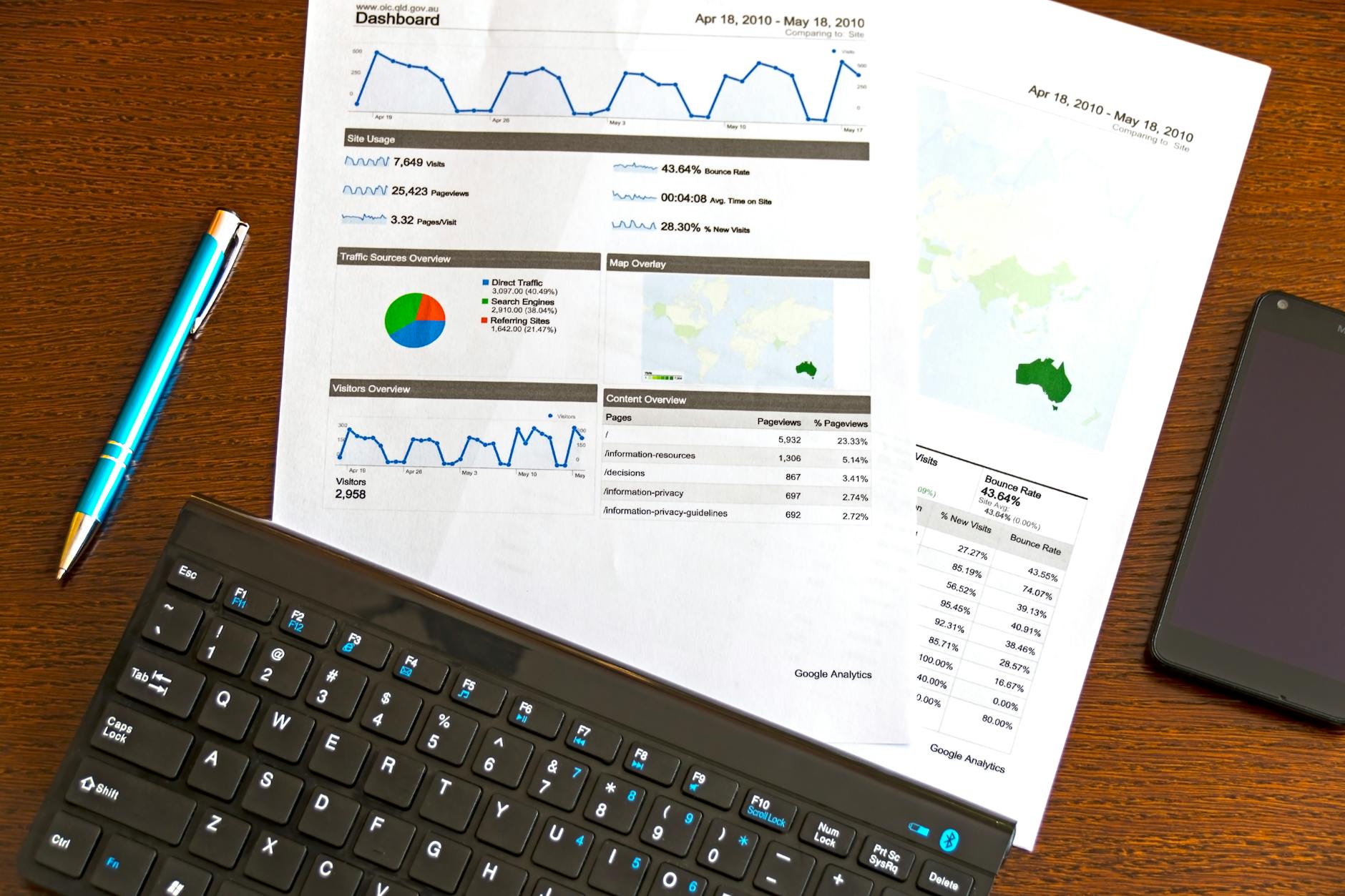DUOPOLISTIC MARKET SITUATION
Listen to the battle of OTAs and Direct Bookings now.
At the beginning of the year 2019, all the indicators suggest that the hotel industry could know the outcome of a fight that the hotel distributors have been fighting for several years: to know who will definitely take the lead of the hotel distribution between OTAs and the institutions themselves via their official website. Today, it is undeniable that the OTAs are the champions of the online sale of nights with a market share of nearly 80% worldwide for the two leaders, Booking.com and Expedia. The two behemoths in the distribution can also boast double-digit annual growth rates over the last decade. However, some events in 2018 suggest a reversal of this trend.
Difference between OTAs & Direct website
OTAs will play the game until the end,
An OTA is a travel consumer’s best friend when they’re scoping out their vacation plans. They can see all the options available from flights, to hotels, to packages and more. OTAs and their rich search engines are also an incredibly useful research tool that helps the consumer find the best hotel based on price, location, and quality.
Hotel Sites Can Give Loyal Customers The Royal Treatment,
On the other hand, repeat customers who book directly through the hotel get a different set of benefits, particularly if they participate in the hotel’s loyalty program. Successful hotels are able to create loyal customers by providing great experiences. Great experiences are created by knowing who their customers are.
The bottom line is that both OTAs and direct bookings provide value to consumers in different ways, depending on where the consumer is in the buying process, how familiar they are with a property, and if they participate in loyalty programs. While hotels may love to hate OTAs, they provide a valuable customer stream to them.
The illusion of choice
Since early 2015, the relationship between hotels and OTA have gone somewhat sour. Why is that? In a competitive hospitality landscape, hoteliers must fight on a variety of levels, from customer experience where free wifi, hearty breakfast, and quality room amenities are expected, to convenient location and, of course, best possible rates. In a context where RevPAR (revenue per available room) is a mantra indicator that requires constant optimization, hoteliers turn to reduce costs to increase their profitability. And that’s just the thing: commission levels paid out to OTA are high, between 15-30%, and their share of online sales is increasing year over year!
Dominant in Europe and Asia, Priceline is the OTA that holds the biggest market capitalization, at 64 billion dollars. Besides its well-known Priceline brand, and its equally famous tagline “Name Your Own Price”, it also owns Booking.com, Agoda, Expedia, Make my trip, Hotels.com &. Like a classic OTA, it offers booking possibilities for everything from hotels to flights, cars, cruises and vacation packages, for individuals and groups alike.
Less choice, higher commissions?
The major hotel groups of reference focus their strategy more and more around Direct Booking. Marriott International, the world’s leading group in 2018 with more than 1,200,000 rooms, launched its It pays to book direct campaign in 2016, with the essential aim of restoring consumer confidence as to who has the best price. According to Arne Sorenson, Marriott’s CEO, this is ‘an absolute war about who will win the customer’. The same goes for its outsider Hilton Worldwide which has nearly 900,000 rooms, which with its campaign Stop clicking around claims to regain control of the marketing of its products.
Mark Weinstein, says: There is a common misconception that third-party distributors always offer lower prices for our hotel rooms, which is simply not true’. For large international groups, it is, therefore, to convince consumers to change their mode of consumption by offering better rates, but not only. Because hoteliers have weapons that do not have OTAs: possibility to offer gifts or discounts on services for a particular stay (airport transfer, meals, spa, late-check out …), offers various add-ons, local experiences, etc… These small gestures towards the customers, in combination with an improvement of their official web site at the level of its ergonomics (setting up of a Book now button in particular) and its design, constitute significant arguments to improve their Direct Booking.
Keep an eye on rate parity
Maintaining parity can be difficult when you have dozens of distribution channels to manage. This is why hoteliers are turning to parity analytics tools such as Parity Insight, which can help you monitor and enforce rate parity by allowing you to uncover discrepancies across your channels.
For example, many lesser-known booking sites can (and do) buy hotel inventory at a wholesale price from a reseller, and undercut the hotel when they resell the rooms. Metasearch sites such as Trivago or Tripadvisor pick these rates up and display them alongside your own website and OTA rates. Without a business intelligence tool, it would be difficult to discover, manage and tackle such rate disparities.
TripAdvisor, Google, and others….
Not so fast. There are many other players in the online distribution landscape, including TripAdvisor which is becoming less of a review site, and more an integrated booking solution for everything related to the travel experience: hotels, restaurants, vacation rentals, attractions, etc. Hence, its new “Plan. Compare. Book” advertising campaign, meant to get consumers to not only check out TripAdvisor for its comparing features but also to book directly on its platform. And then there is Google. Will it ever launch a direct-to-consumer travel solution, as many industry experts have been predicting ever since it bought the ITA software, back in 2010?
So while the OTA scene has become a mere duopoly, it doesn’t necessarily mean there is less choice for hotels. It does mean, however, that travel brands must realign their online strategies and tactics to make sure they make the most of their owned media before relying too much on external sources such as online travel agencies, TripAdvisor or Google, among others.
Popular posts

19-Nov-2019 01:46PM
About 2 minutes read
#photography #nostalgia #hotel

How important is direct selling?
21-Nov-2019 08:51PM
About 3 minutes read
#direct #selling #marketing #sales
